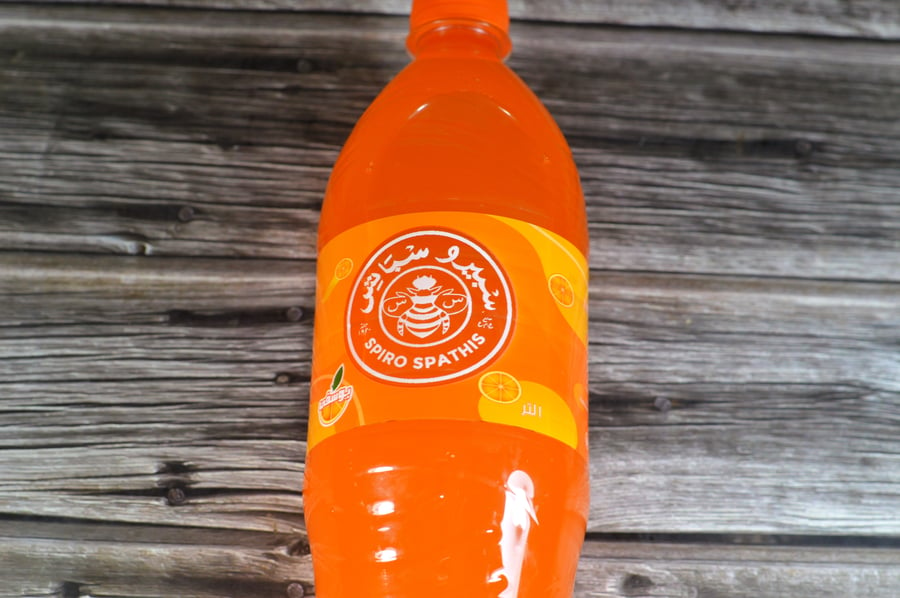
Coca-Cola and PepsiCo, after spending hundreds of millions of dollars over decades to establish their brands in Muslim-majority countries like Egypt and Pakistan, are now facing significant challenges from local soft drink brands due to widespread consumer boycotts.
These global brands are increasingly viewed as symbols of America, and by extension, Israel, especially during the ongoing conflict in Gaza.
In Egypt, Coca-Cola’s sales have plummeted this year, while the local brand V7 has seen its exports triple across the Middle East and beyond. In Bangladesh, Coca-Cola was forced to cancel an ad campaign following public backlash against the brand. PepsiCo, which had been experiencing rapid growth in the region, saw that momentum stall dramatically after the Gaza war erupted in October.
Sunbal Hassan, a corporate executive in Karachi, Pakistan, chose to exclude Coke and Pepsi from her wedding menu in April, opting instead for the Pakistani brand Cola Next. She expressed her desire not to have her money indirectly supporting the United States, Israel’s strongest ally. “With the boycott, one can play a part by not contributing to those funds,” Hassan said.
While it’s difficult to quantify the exact financial impact, market analysts indicate that Western beverage brands suffered a 7% decline in sales across the Middle East during the first half of the year, according to market researcher NielsenIQ. Despite still having growing businesses in some countries in the region, both Coca-Cola and PepsiCo are feeling the pressure from this consumer-driven shift.
* Ynet contributed to this article.



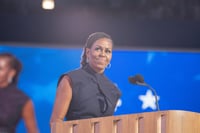





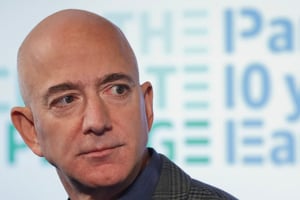

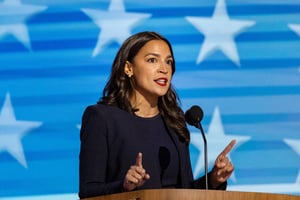
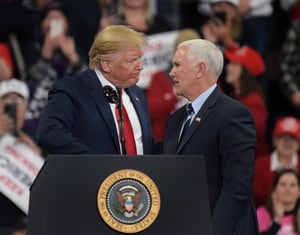


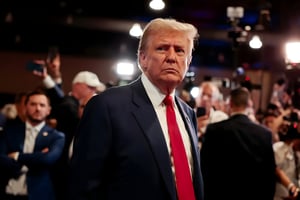



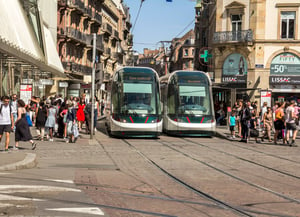
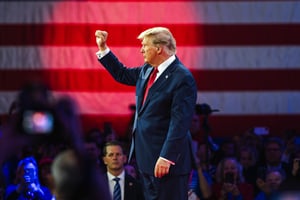
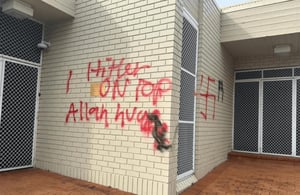
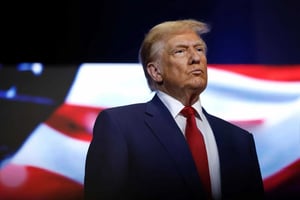
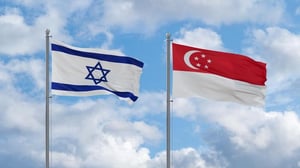
0 Comments